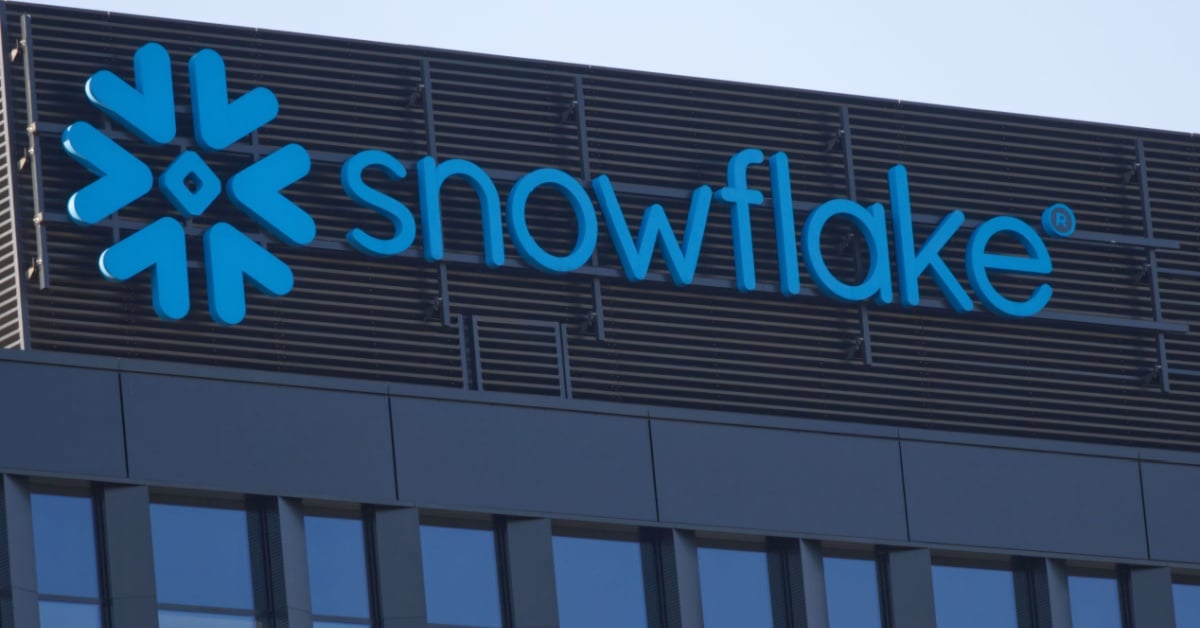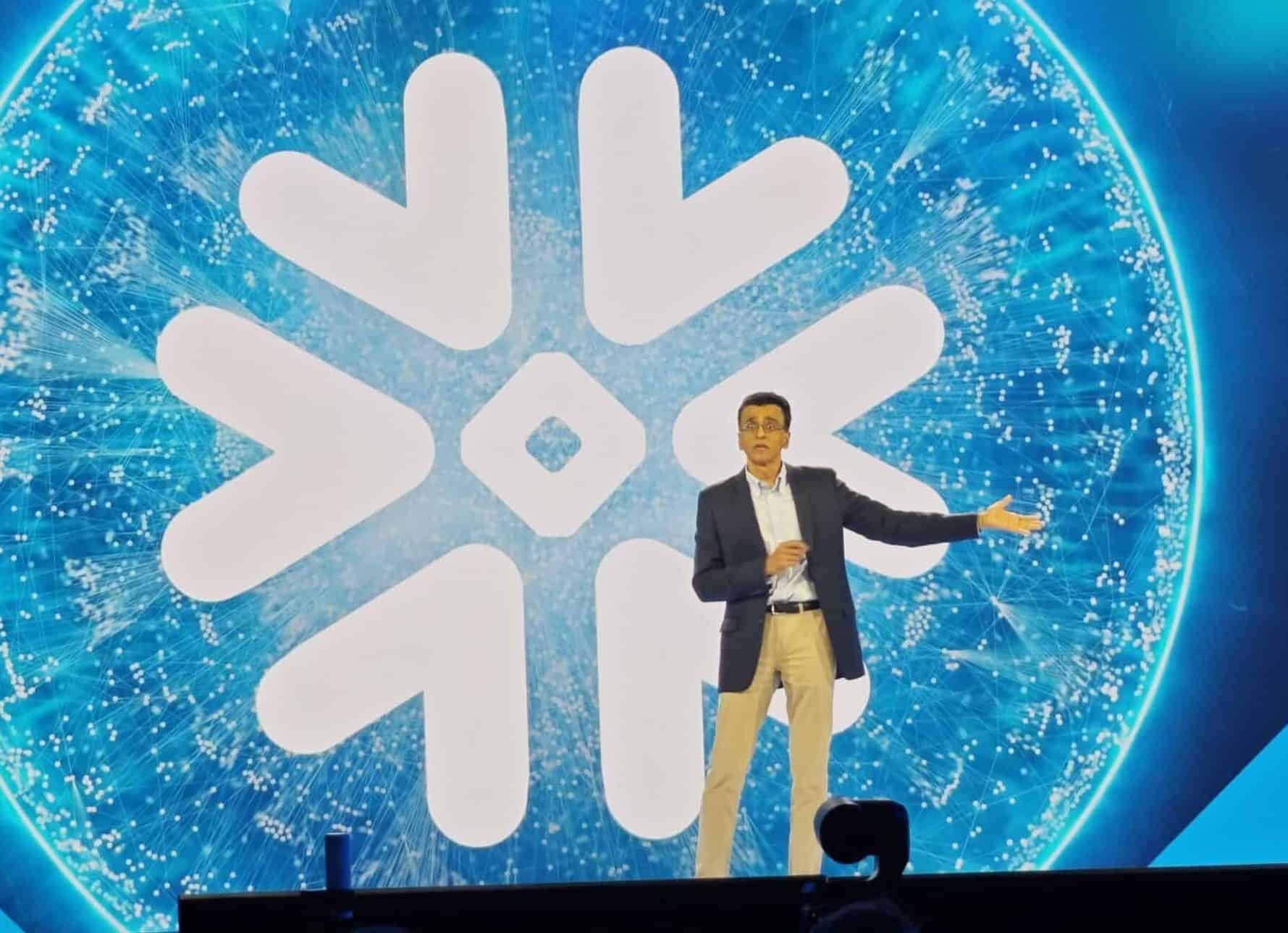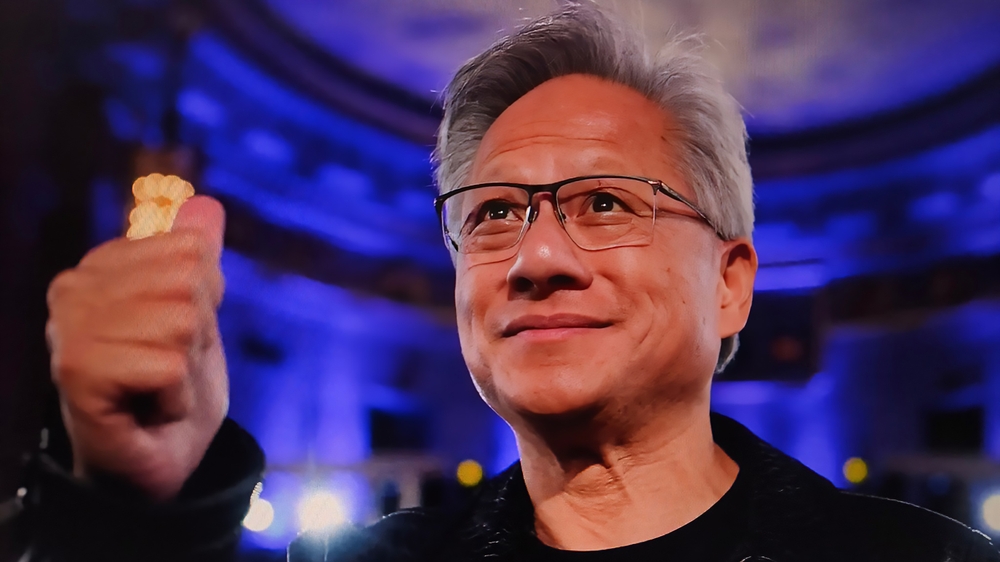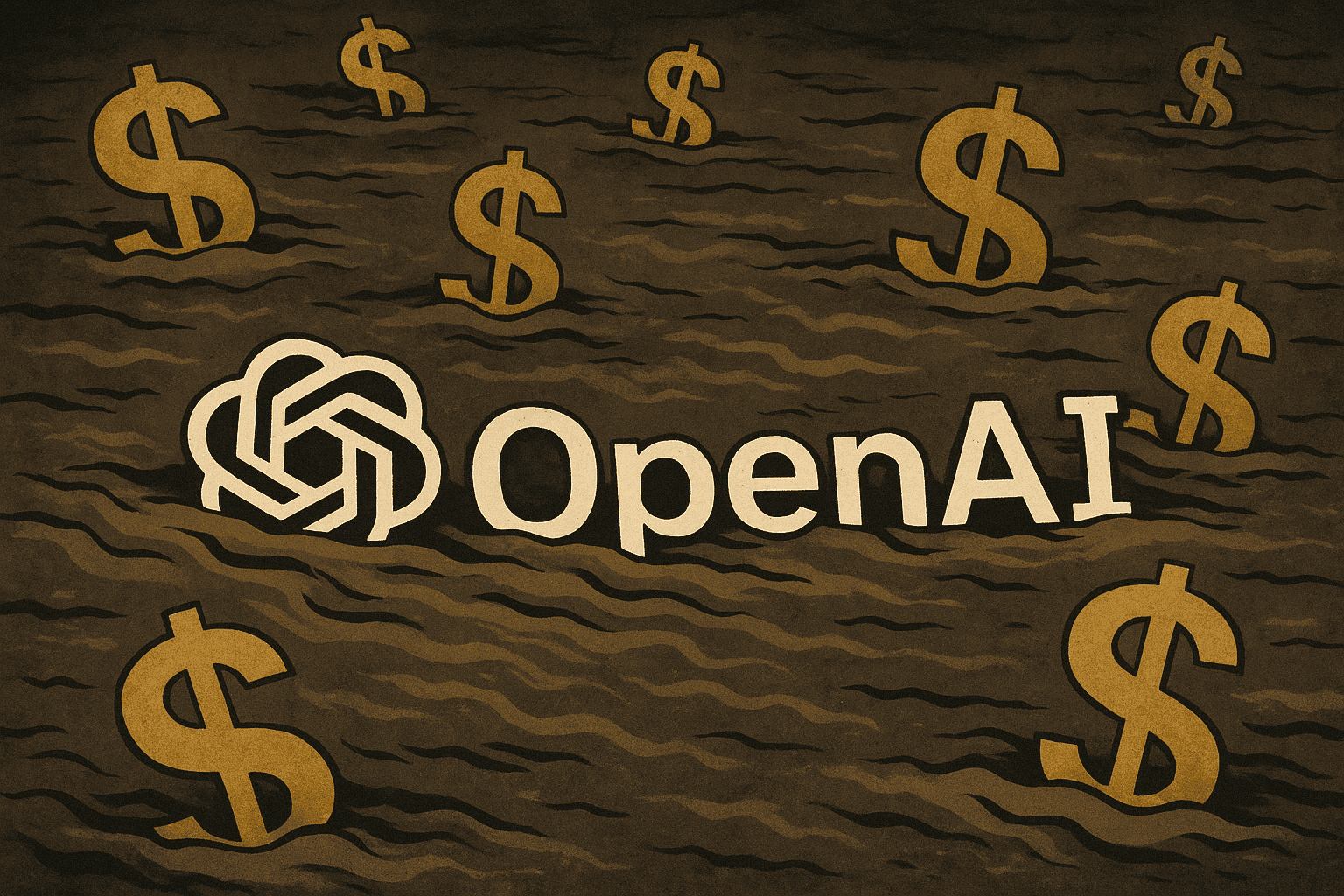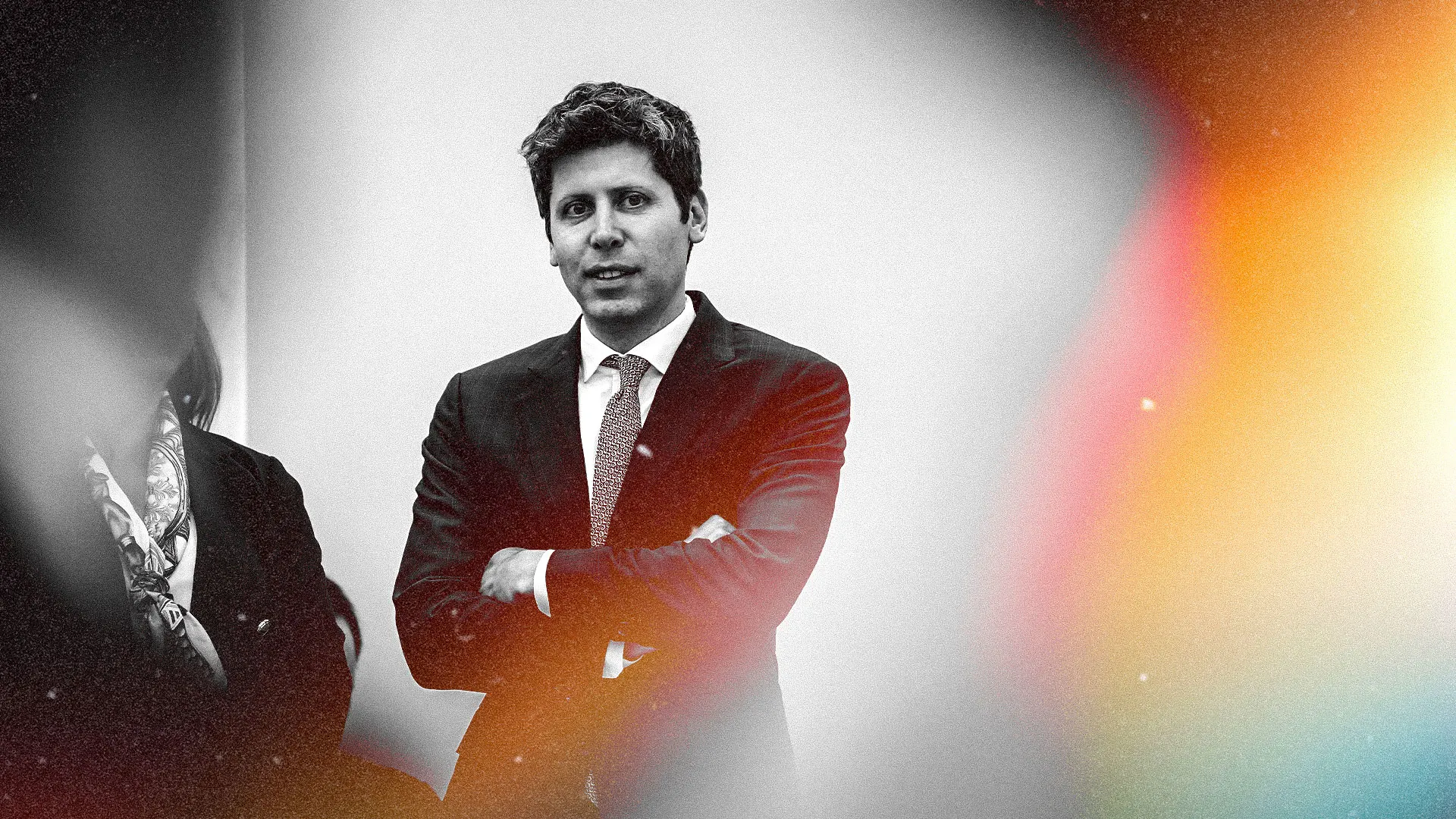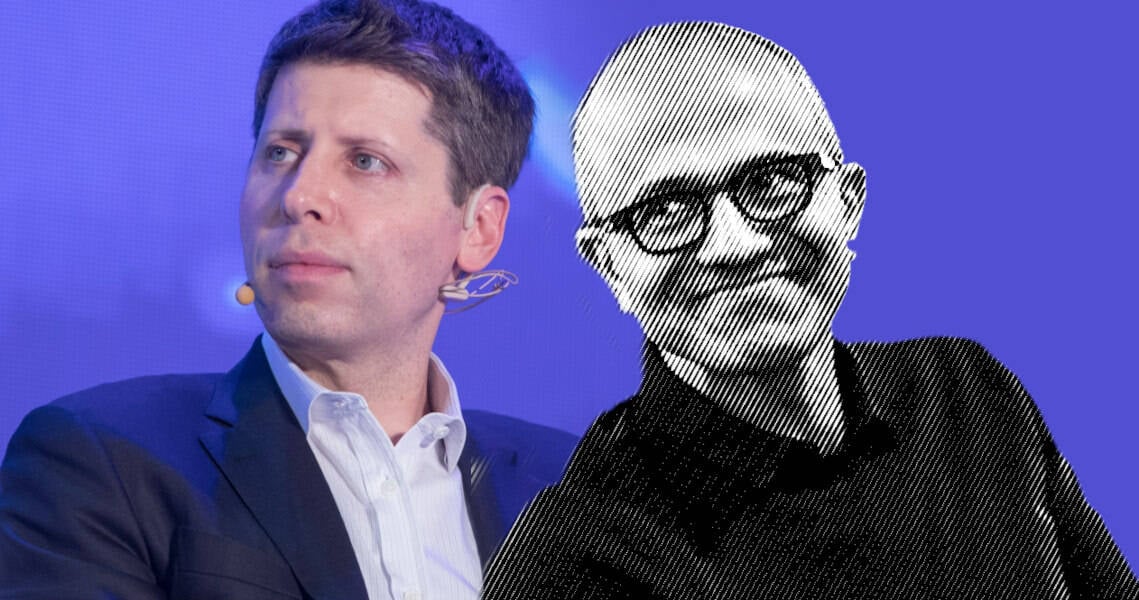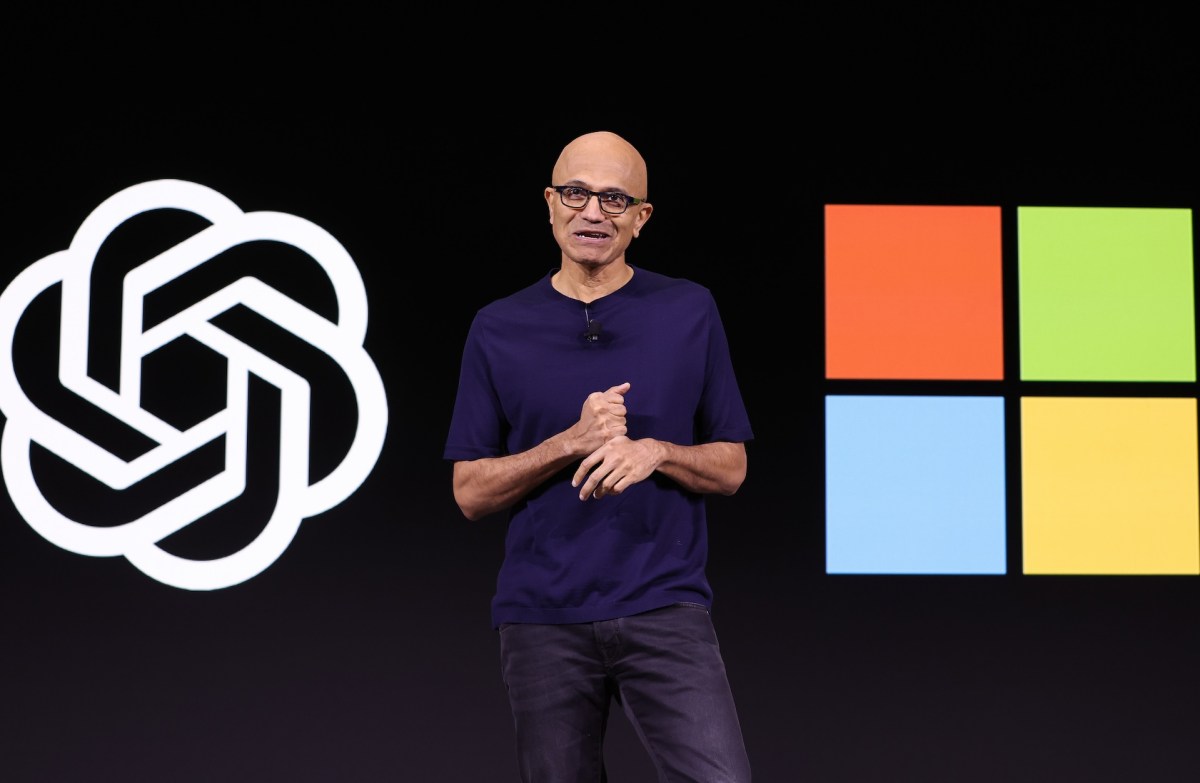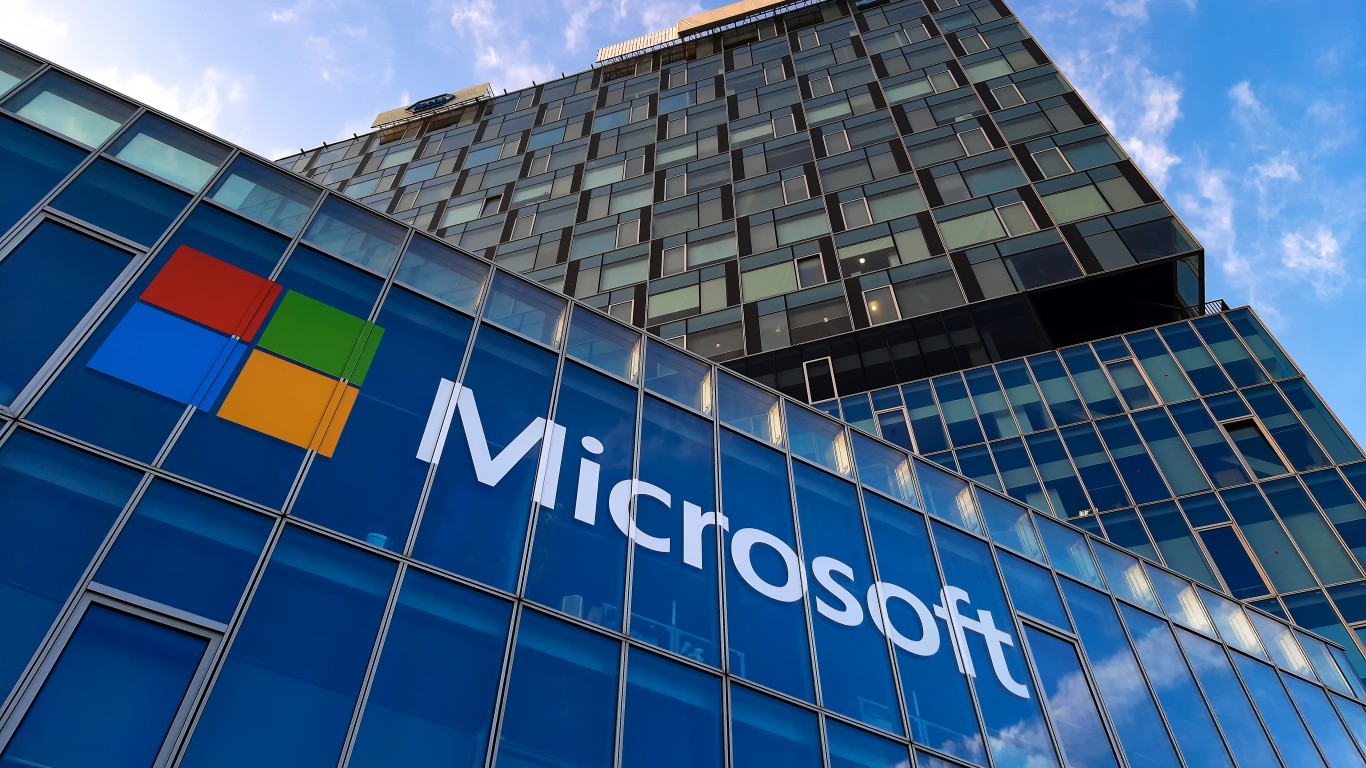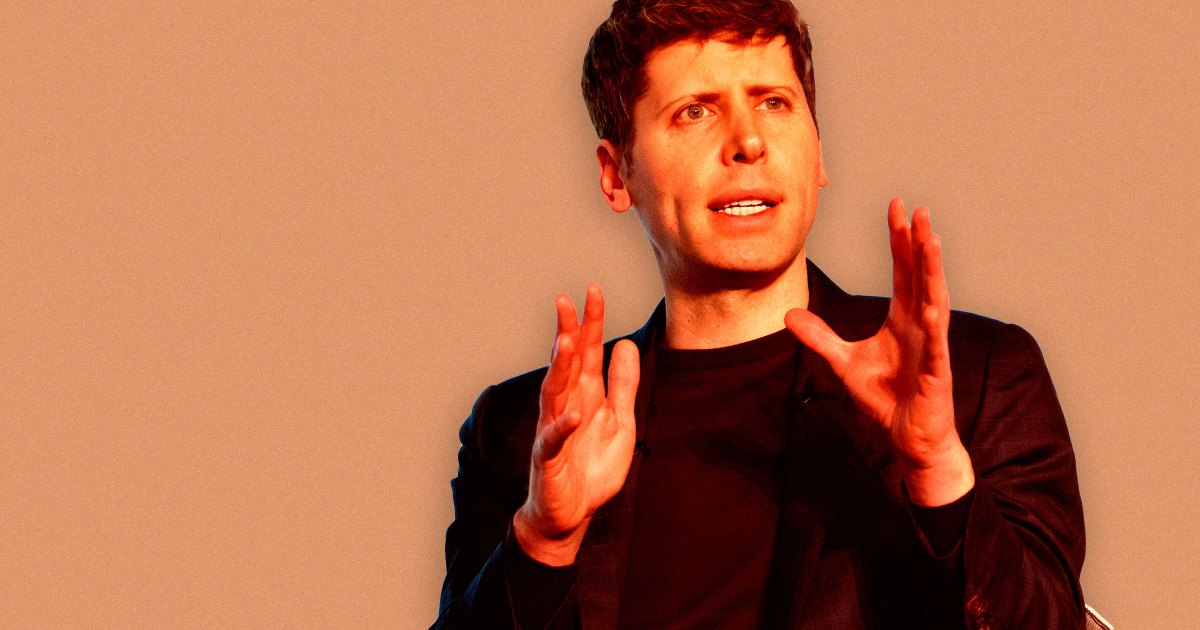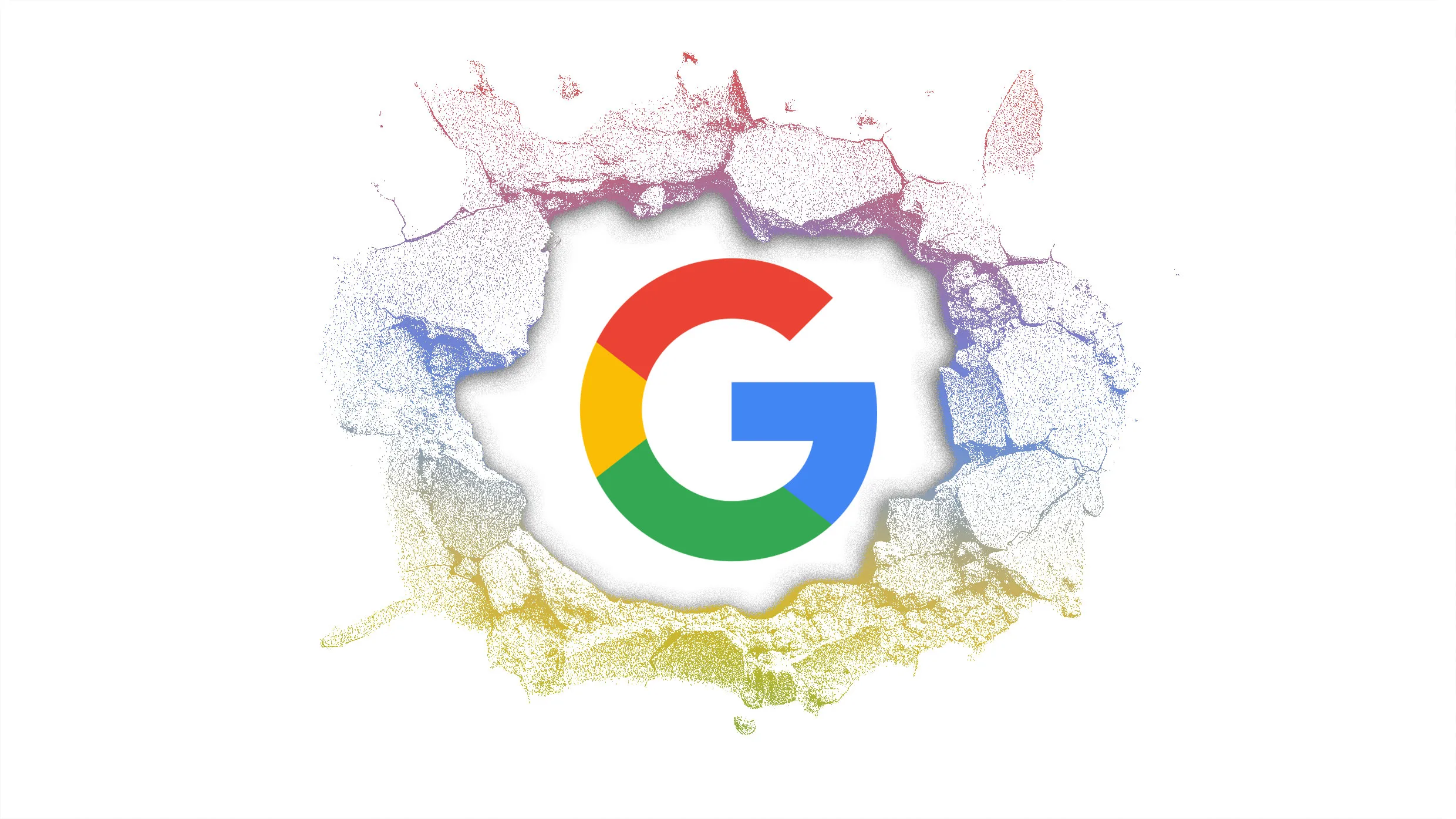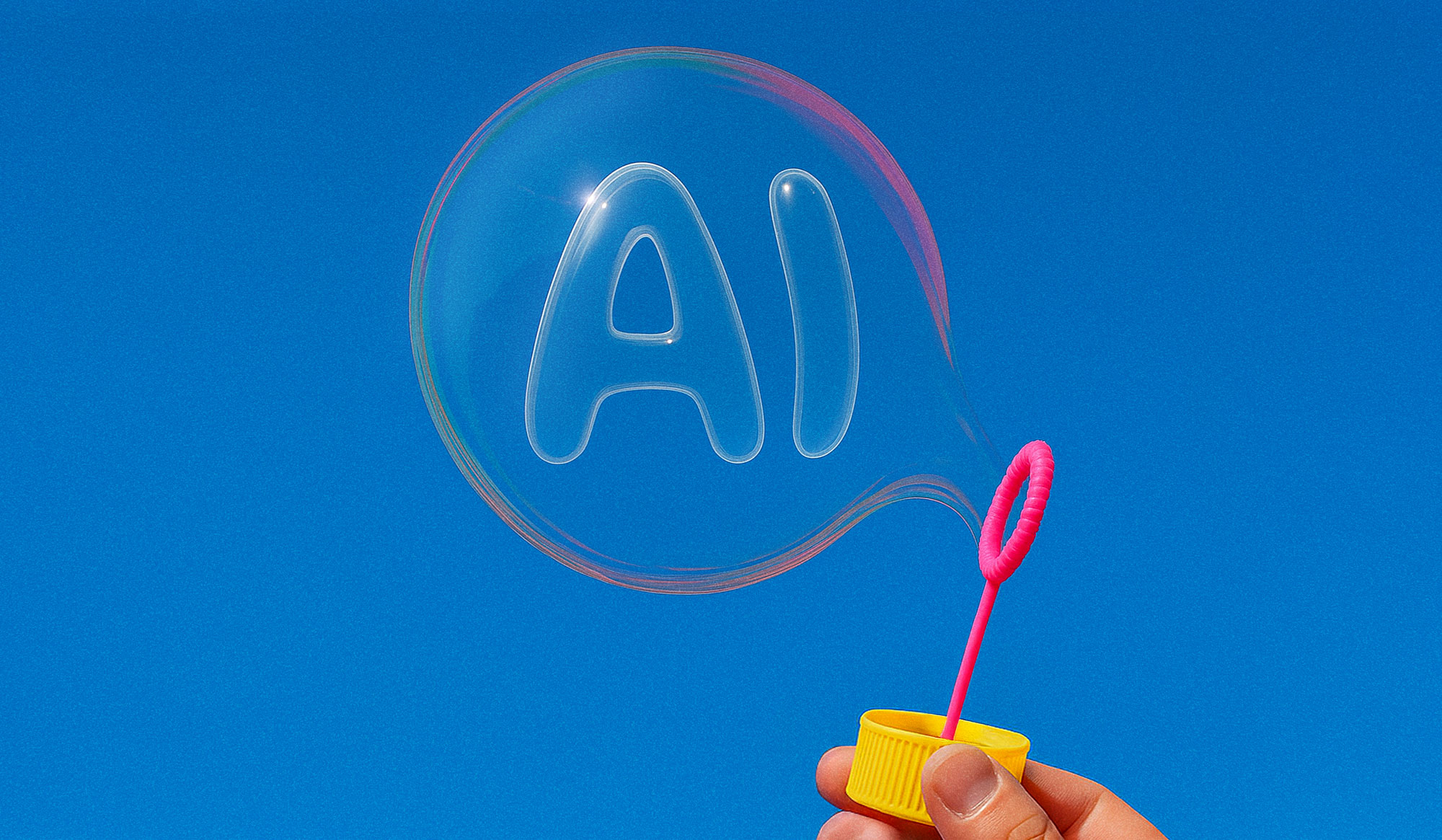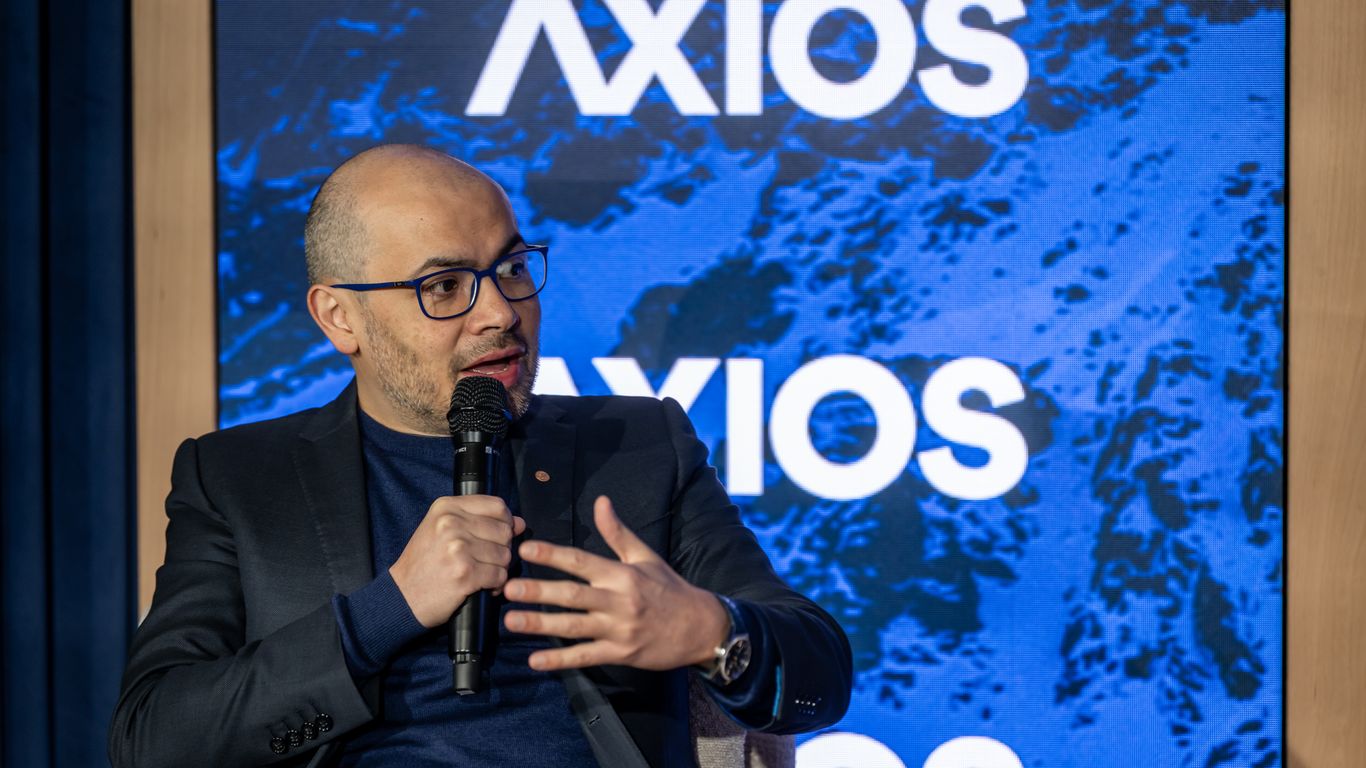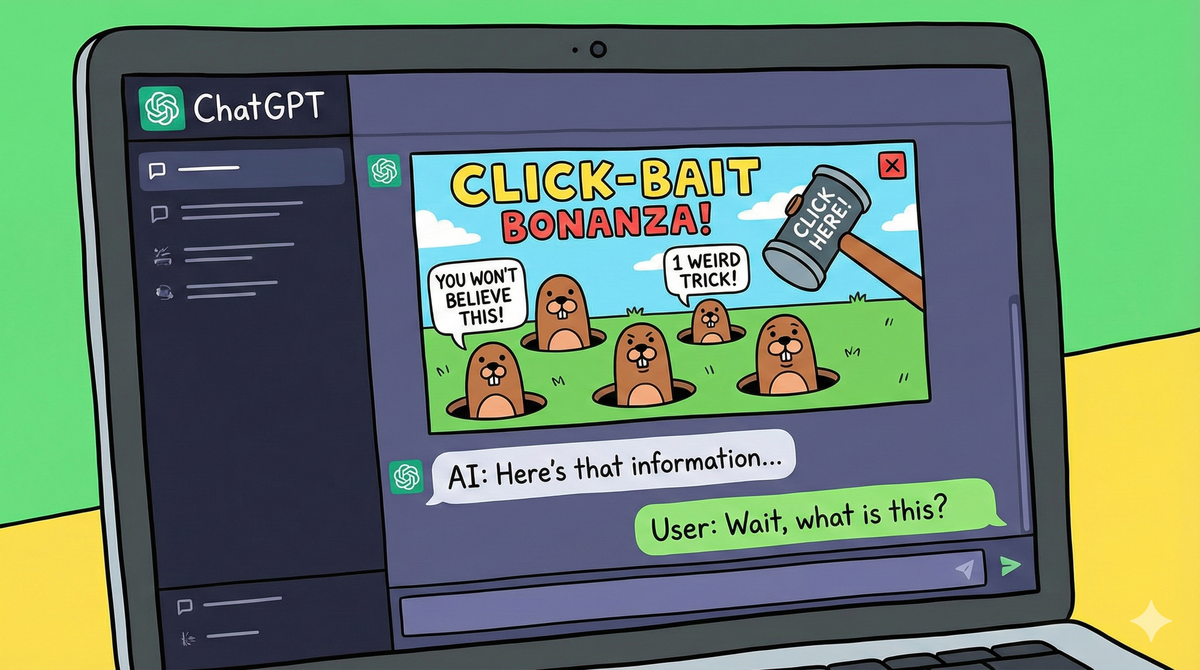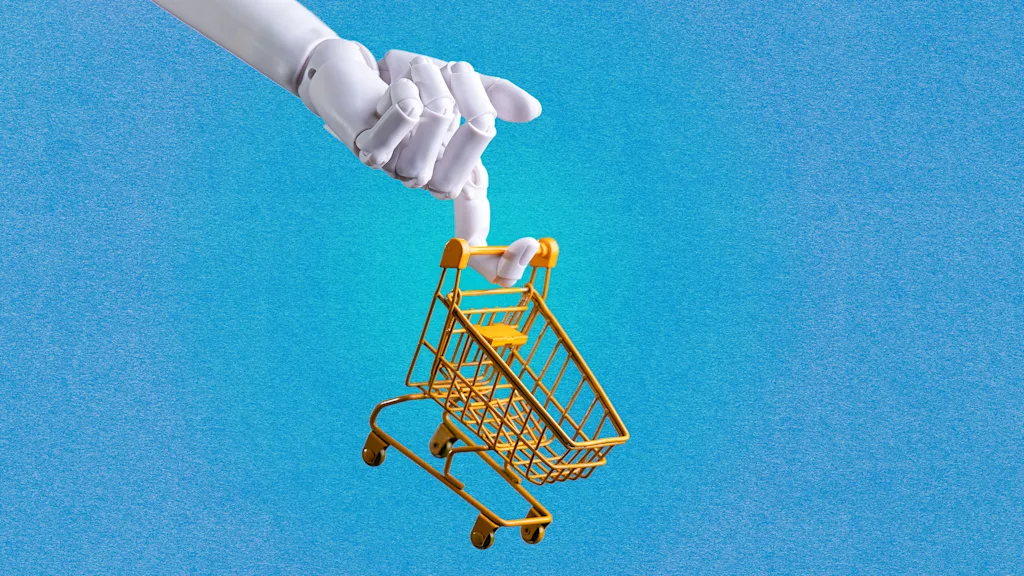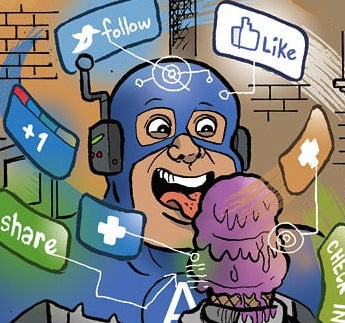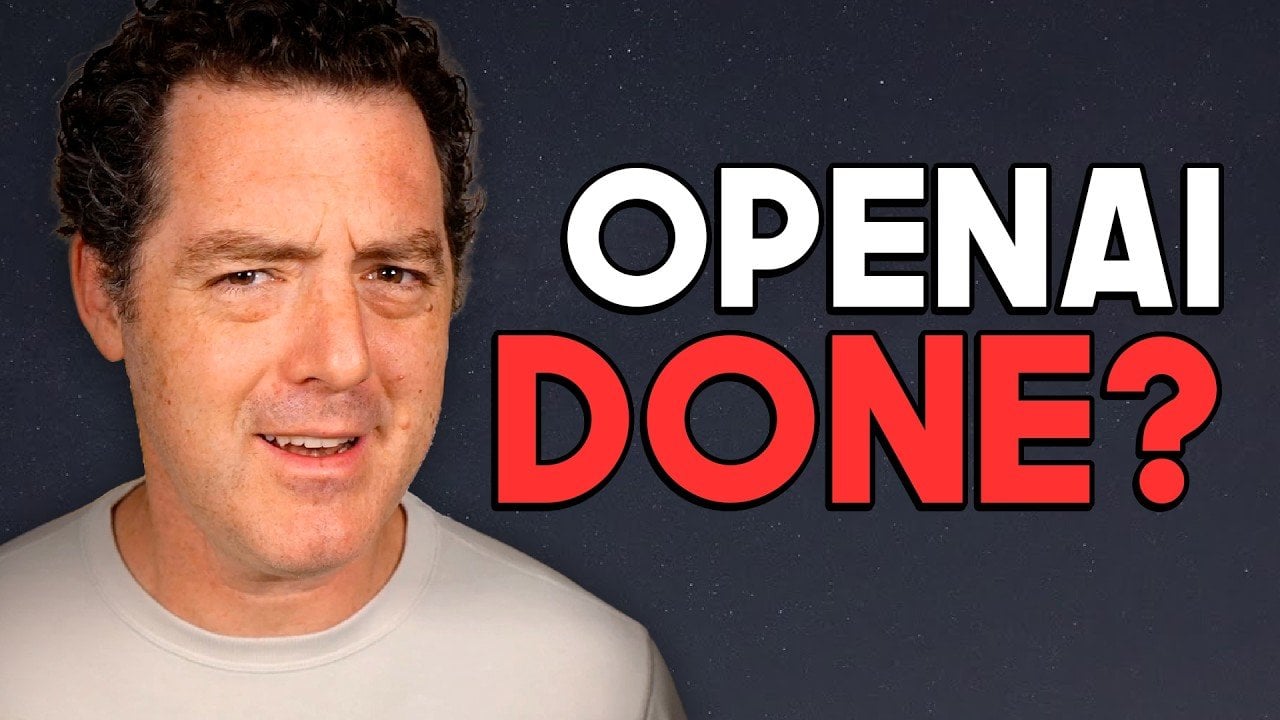fromFortune
4 hours agoOracle said it was 'highly confident in OpenAI's ability to raise funds and meet its commitments.' Cue the stock fall | Fortune
The company said Sunday night that it planned to raise up to $50 billion in debt and equity during the 2026 calendar year to fund additional data center capacity for its cloud customers. The market's initial reaction was favorable, with Oracle shares rising about 2% in early trading, as investors took the announcement as confirmation that demand for AI infrastructure remained strong and contracted. The market seemed to feel confident that Oracle actually had a plan to address its roughly $100 billion debt load.
Business

